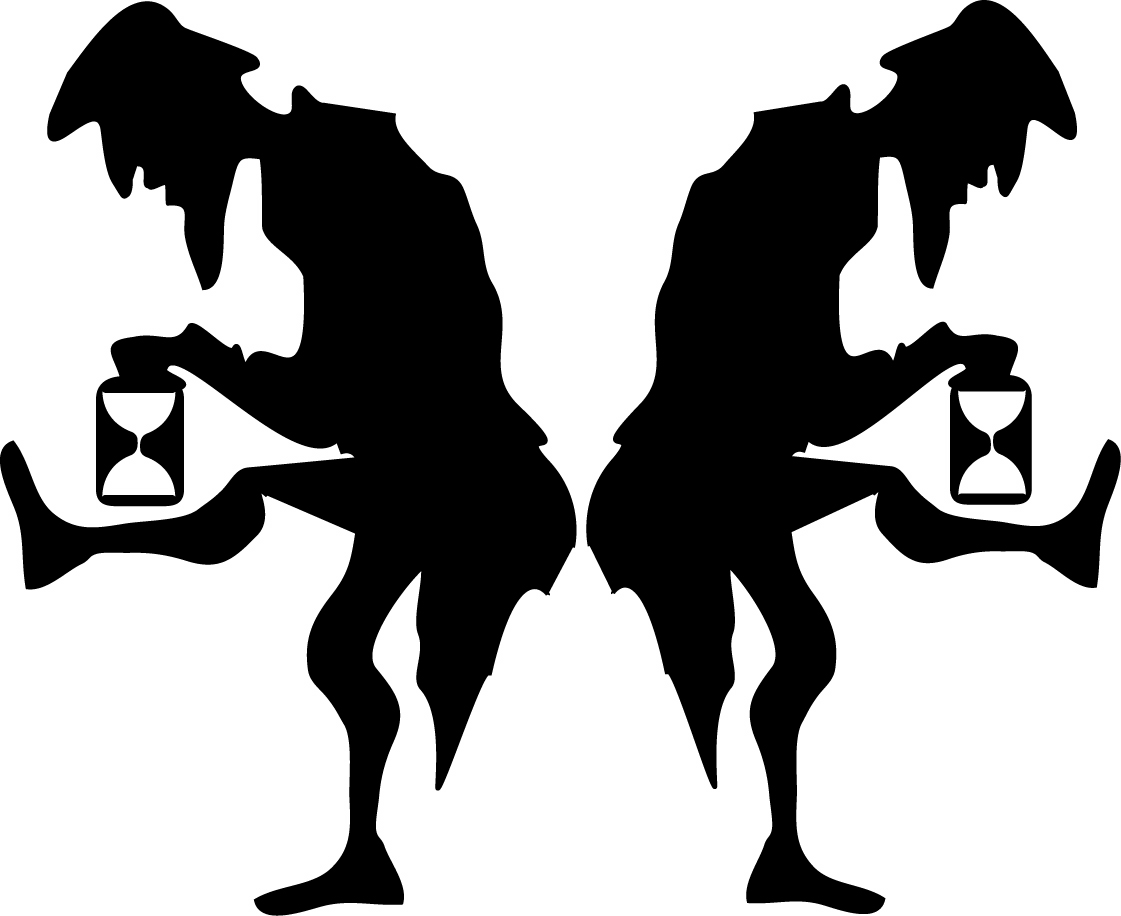The Remarkable Journey of Henry Kable
Born in Laxfield, Suffolk, England in 1763, Henry Kable’s life was a testament to resilience and adaptability. His early years were marked by hardship, leading to his conviction for burglary in Thetford, Norfolk, England in 1783. Initially sentenced to death, his punishment was later commuted to fourteen years of transportation to America. However, the American Revolution disrupted these plans, resulting in his confinement in Norwich Castle Gaol.
During his time in Norwich Castle Gaol, Henry formed a bond with Susannah Holmes, a fellow convict sentenced to death for theft. Her sentence was also commuted to transportation, and while in prison, she gave birth to their son, Henry. When Susannah was selected for transportation to Botany Bay on the First Fleet, their child was initially denied passage. However, the intervention of sympathetic individuals ensured that Henry and his son were included in the First Fleet, and they were transported on the ship Friendship.
Upon their arrival in Australia, Henry and Susannah were married on 10 February 1788 in Sydney, marking the first European wedding ceremony in the new colony. Henry’s abilities did not go unnoticed, and he was appointed as an overseer by Governor Phillip shortly after his arrival. His service led to his promotion to constable and nightwatchman, and eventually to chief constable. However, his career in law enforcement ended in 1802 when he was dismissed for illegally importing pigs from a visiting ship.
Despite this setback, Henry found success in business. He became a trader, likely acting as a middleman between the trading officers of the New South Wales Corps and the consumer. He also engaged in the sealing industry on a large scale after 1800. His business acumen led him to form a partnership with boat builder James Underwood and Simeon Lord, contributing to the growth of commerce in the colony.
Before leaving England, a generous gift of goods was given to the young family. However, this gift was plundered during the voyage. In the first civil suit heard in New South Wales, Henry and Susannah successfully sued the ship’s captain for the loss of their parcel, winning damages of £15. This case likely brought Henry to the attention of influential figures in the colony.
In 1798, Henry opened the Ramping Horse, a hotel from which he ran Australia’s first stage coach. He also owned a retail store and was involved in shipbuilding, working with his business partner James Underwood. His business activities kept him in relative affluence for at least the next decade.
Henry Kable passed away on 16 April 1846, in Pitt Town near Windsor, New South Wales. He left behind a significant legacy, including 11 children he had with Susannah. In 1968, more than a hundred of Henry and Susannah’s descendants gathered in Sydney to honour their convict ancestry, marking the first reunion of descendants in Australia to acknowledge such heritage. Henry Kable’s life story, from convict to successful businessman, remains a remarkable tale of human spirit and resilience.
Do you know any stories on this legacy – Please share in the comments so we know more about our past and can tell the stories for future generations to learn from.
#HenryKable #FirstFleet #AustralianHistory #ConvictTransportation #ColonialAustralia #Biography #ConvictAncestry #AustralianPioneers #HistoricalBiography #LifeStories #Resilience #Adaptability #SydneyHistory #NSWHistory #NewSouthWales #NewSouthWalesHistory

.jpg)